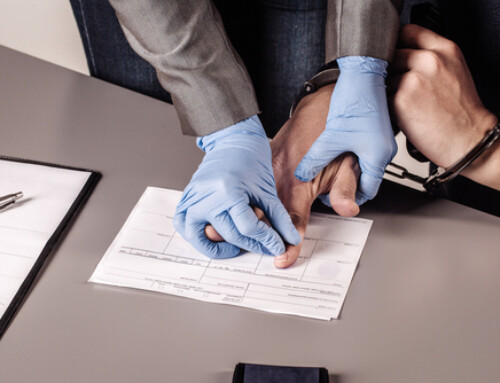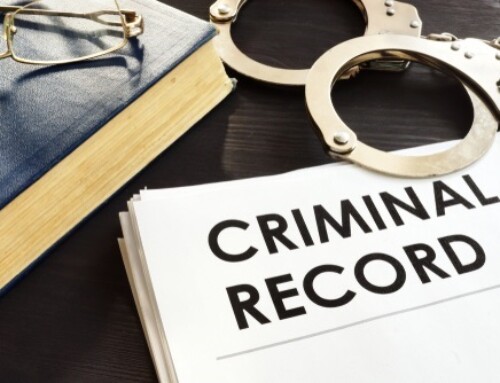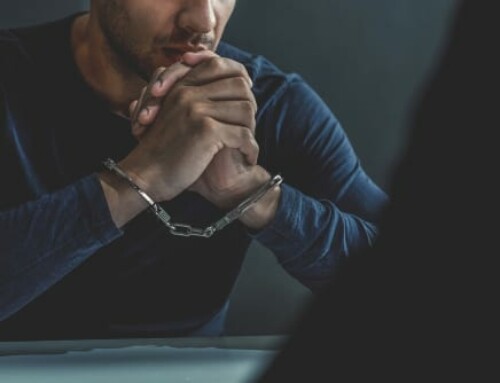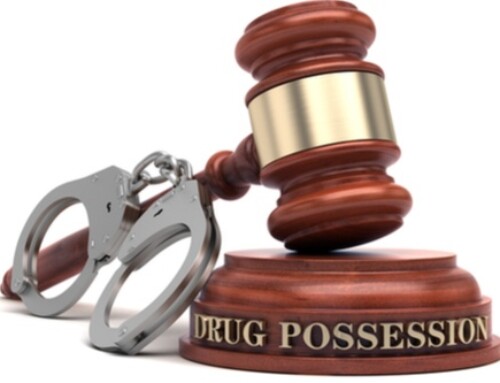The Deaton Law Firm, located in North Charleston, South Carolina, knows that if you have been charged with a crime, you need the immediate assistance of a criminal defense lawyer. A criminal charge could ruin your life, so choosing the right criminal defense attorney is imperative. In this article, I will discuss circumstances when a criminal defense lawyer is needed, the ways in which a criminal defense lawyer can help and what you should look for in a criminal defense lawyer in South Carolina.
When Would I Need a Criminal Defense Lawyer in South Carolina?
Being charged with a crime is a serious matter. A person facing criminal charges risks severe penalties, the possibility of jail time, having a criminal record, and loss of relationships and future job prospects. While some legal matters can be handled alone, a criminal arrest of any nature warrants the legal advice of a qualified criminal defense attorney who can protect your rights and secure the best possible outcome for your case.
If you are facing criminal prosecution, a criminal defense attorney can help you understand:
- The nature of the charges filed
- Available defenses
- What plea bargains are likely to be offered
- What is expected after trial or conviction
What are the Ways in Which a Criminal Defense Lawyer Can Help in South Carolina?
In addition to calling witnesses in your defense and cross-examining witnesses that the prosecution puts forward, your criminal defense attorney may also:
- Work with you and the prosecutor to negotiate a “deal.” These deals, also known as “plea bargains,” can often reduce a potential sentence or eliminate some or all of the charges brought against you. However, prosecutors are often unwilling to negotiate with defendants that represent themselves. Representing yourself in a criminal trial is not a good idea.
- Structure a good sentencing program for your situation. In the event that you are found guilty, your criminal defense attorney may be able to work your sentence in a way that would prevent you from winding back up in the criminal justice system. For instance, instead of going to prison for 10 months, your criminal defense attorney may suggest that you go to prison only for 6 months and spend the remaining 4 months in a drug treatment facility to help you with the drug problem that caused you to be in this situation.
- Help you with the emotions that are often associated with criminal trials. Defendants in criminal prosecutions often feel embarrassed, depressed, and fearful and can also suffer from low self-esteem.
- Provide you with a reality check. Defense lawyers often know what is going on much better than you will during your criminal trial. Defense attorneys have the advantage of remaining objective throughout a proceeding and can offer insights into how the trial is actually going and what is likely to happen. These assessments and reality checks are often essential when a criminal defendant is trying to decide whether or not to accept a prosecutor’s plea bargain.
- Point out important legal rules and regulations that you would most likely never find on your own. Many rules and laws about criminal prosecutions are buried within regulations and laws, and even prior court opinions. For example, if you were to represent yourself, you may never know if the search that the police conducted was lawful without understanding the many nuances and intricacies surrounding the 4th Amendment of the United States Constitution.
- Navigate your case through the legal system where your case is being heard. In addition to written rules, such as the local rules of court, that must be obeyed and followed, there are often many “unwritten rules” that are associated with each jurisdiction. Your criminal defense lawyer may save you time by talking to the right person the first time.
- Explain about some of the “hidden costs” that come along with pleading guilty. Many people that represent themselves never think about the consequences of pleading guilty if it could lead to a shorter sentence. If you plead guilty, you may find it very hard to find a job once you have completed your punishment.
- Be able to more easily gather evidence and statements from witnesses that are going to be called by the prosecution. Many witnesses refuse to give statements or information to people that were allegedly involved in a crime for fear of their own safety. However, these witnesses are often much more willing to talk to an attorney about their upcoming testimony.
- Find and hire investigators that can investigate not only the alleged crime but also the witnesses that the prosecution is going to call to the stand. If these investigators can find evidence that would make a witness’s testimony less believable, this could help your case tremendously.
- Find and hire “expert witnesses” that may be able to present evidence that would tend to show your innocence or rebut evidence that the prosecution presents which would make the prosecution’s case less credible.
What Should I Look For in a Criminal Defense Lawyer in South Carolina?
Choosing the right criminal defense lawyer is paramount. Below is a list of what you should look for when choosing a criminal defense lawyer:
- Choose a lawyer with a passion for the law. You don’t want a lawyer that is just doing their job representing you. You need a lawyer that loves their work. Look for an attorney that will listen to your story, show interest and fight for you.
- All experience is not the same. Years of experience working on probate law is not the same as courtroom experience defending those with charges similar to yours. Find a lawyer that specializes in your charges.
- Trust your feelings. You want someone that will act as your advisor, explaining your options and letting you choose. If your lawyer makes you uncomfortable or pressures you into making a decision, choose someone else.
- It takes a village to raise a child and a strong legal team to prepare for court. Getting ready for court is not a one-man job. Your attorney will rely on others as they work your case. Ask to meet the administrative staff and paralegals all of whom are working on your behalf.
- Look for confidence. Your lawyer cannot guarantee a specific outcome to your case. Choose a lawyer that will build a strong case through preparation and not one that fills your mind with promises they cannot guarantee.
- You need a lawyer you can understand. Lawyers might use specialized terms in court or when preparing legal documents, but when they are talking to you they should speak clearly using terms you will understand.
- Your lawyer should take the time to explain your options. Decisions relating to your case cannot be made flippantly. Find a lawyer that will explain your options from plea bargains to sentencing. Every decision you make carries lasting consequences and you need information to make an informed choice.
Can I represent Myself in a Criminal Case in South Carolina?
You most certainly can. However, outside of the context of a small claims case, chances are good that the opposing party will have a lawyer who knows a lot more about the law than you do. Additionally, when you are emotionally invested in a process and an outcome, most tend to respond emotionally rather than logically. As Abraham Lincoln once said, “He who acts as his own lawyer has a fool for a client.”
It is also important to note that judges are very impatient when they have a large calendar of cases. A defendant who doesn’t understand courtroom lingo or, even worse, thinks they understand the law is a nuisance to a judge.
Going it alone in a criminal case is a recipe for disaster; the stakes are just too high. The Deaton Law Firm has myriad experience in criminal defense cases and crafting winning strategies. Should you be faced with criminal charges or would like more information on criminal defense, please contact the Deaton Law Firm.






